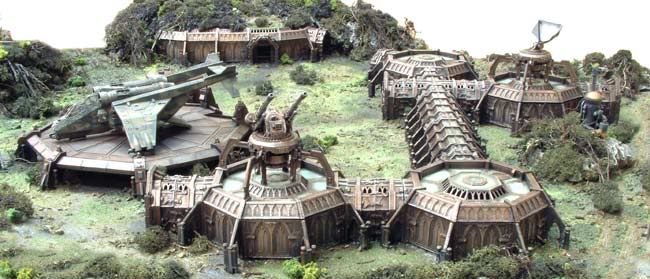For those of you who may not be aware, i'm a massive fan of the Fate system by Evil Hat Productions in particular Fate Accelerated Edition is the build of the game that is my go to game when wanting to run a quick one-shot or even just a game that players can jump into quickly and enjoy getting caught up in playing the characters they envision rather than getting snarled up in overly complex character creations processes and hundreds of pages of complex rules.
Fate Accelerated Edition (FAE for short) using six Approaches to define the stats of characters (instead of Skills as with Fate Core), choosing to define character less by what they know and what they do but more by how they do it, these Approaches are:
- Careful
- Clever
- Flashy
- Forceful
- Quick
- Sneaky
(If you want to know more about Fate Accelerated you can find details on the excellent SRD site here: http://fate-srd.com/fate-accelerated-fae-menu)
One of the things I love about FAE is that right at the start it gives you six example spreads of Approaches to create six archetypal characters:
- The Brute:
Forceful +3, Careful and Flashy +2, Sneaky and Quick +1, Clever +0 - The All-Star:
Quick +3, Forceful and Flashy +2, Clever and Careful +1, Sneaky +0 - The Trickster:
Clever +3, Sneaky and Flashy +2, Forceful and Quick +1, Careful +0 - The Guardian:
Careful +3, Forceful and Clever +2, Sneaky and Quick +1, Flashy +0 - The Thief:
Sneaky +3, Careful and Quick +2, Clever and Flashy +1, Forceful +0 - The Swashbuckler:
Flashy +3, Quick and Clever +2, Forceful and Sneaky +1, Careful +0
These samples spreads are a great time saving device if you are playing a quick pick up game or you just want to jump straight in, you pick the type of character you want to play, bang on some Aspects and Stunts and you're good to go.
So you might be wondering why i'm banging on about Fate Accelerated when the title of the post mentions Jadepunk; well recently i've been running a Jadepunk game using Google Hangouts for a small group (you can see the actual plays here if you're interested: https://www.youtube.com/playlist?list=PLMlEyLAkrE__EfHHAfYIIekLdh4qwJxOK) and it seems to be going quite well, we're on our ninth session. For those of you who aren't aware Jadepunk is a game by Re-Roll Productions that uses a slightly tweaked of the Fate rules to tell exciting stories that blend elements of Wuxia, the wild west and steampunk fantasy into a very compelling and exciting setting full of potential for great storytelling; Jadepunk uses a number of Professions rather than Approaches or Skills to define characters:
- Aristocrat
- Engineer
- Explore
- Fighter
- Scholar
- Scoundrel
However there's one thing that isn't in Jadepunk that i'd have liked to have seen, yep you guessed it, the example stats spreads that are found in Fate Accelerated Edition; you could argue that they're not really necessary and (truth be told) I don't think the game suffers massively from their absence, however they are a handy thing to have access to so i've come up with six archetypal character Profession spreads for you to use in your Jadepunk game:
- The Honourable Warrior/Samurai:
Aristocrat +2, Engineer +0, Explorer +1, Fighter +3, Scholar +2, Scoundrel +1 - The Jadetech Engineer:
Aristocrat +1, Engineer +3, Explorer +2, Fighter +0, Scholar +2, Scoundrel +1 - The Idle Noble:
Aristocrat +3, Engineer +0, Explorer +1, Fighter +1, Scholar +2, Scoundrel +2 - The Sage:
Aristocrat +2, Engineer +1, Explorer +2, Fighter +0, Scholar +3, Scoundrel +1 - The Thief/Shadowy Assassin:
Aristocrat +0, Engineer +1, Explorer +2, Fighter +2, Scholar +1, Scoundrel +3 - The Pioneer/Explorer:
Aristocrat +0, Engineer +1, Explorer +3, Fighter +2, Scholar +2, Scoundrel +1









